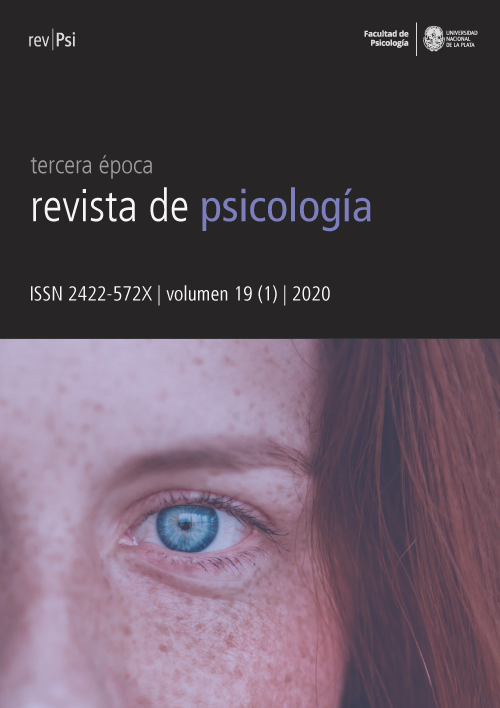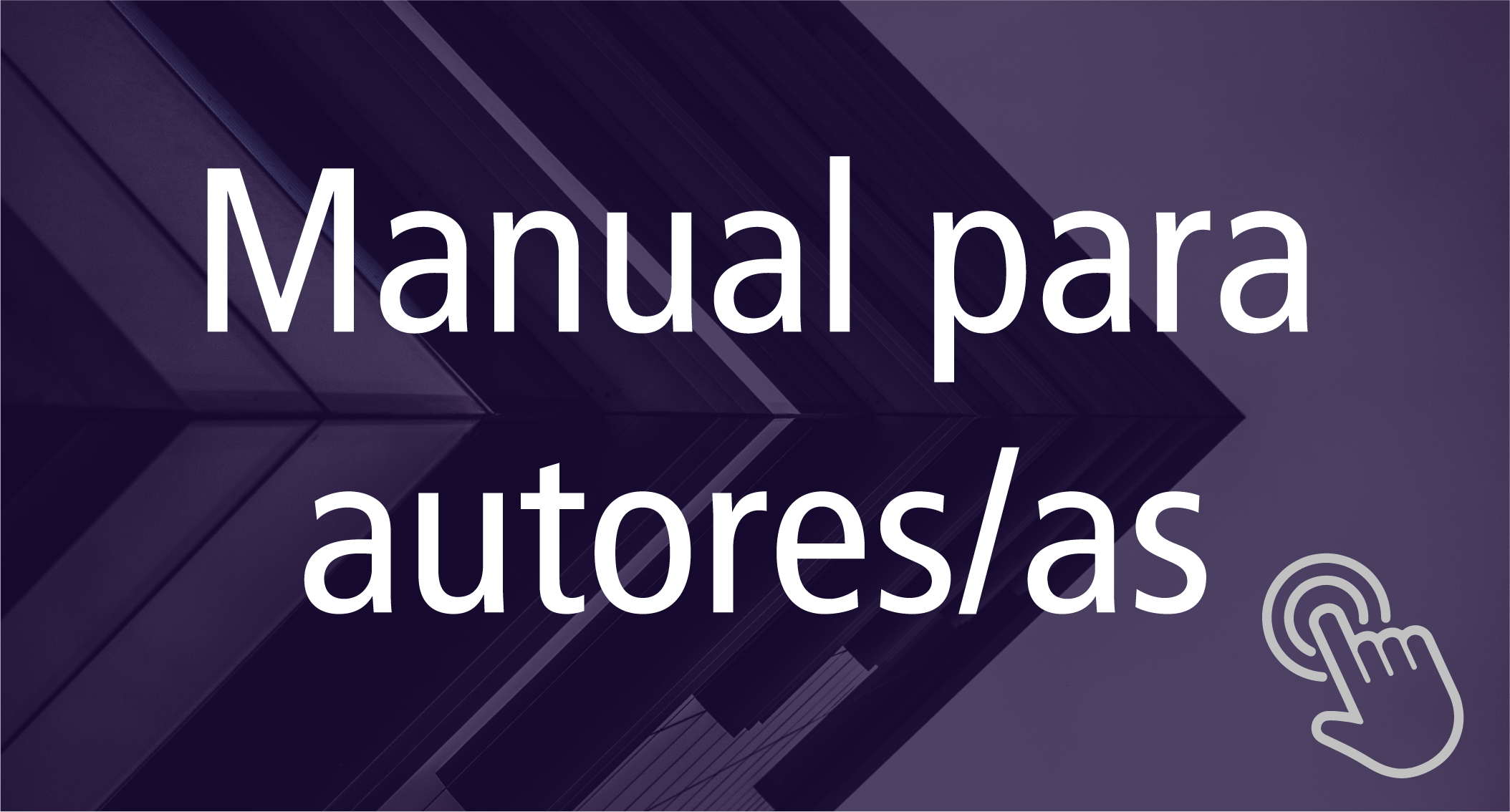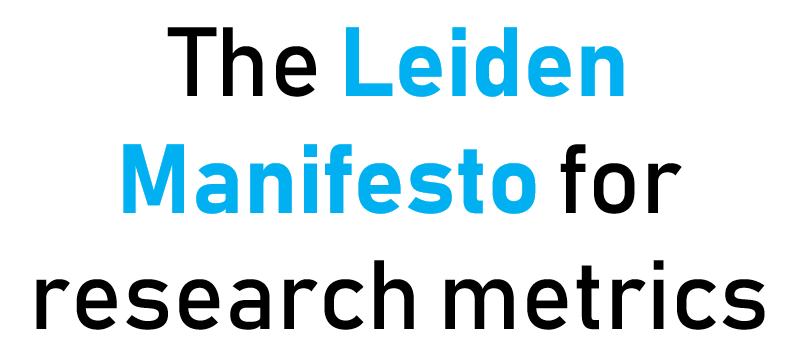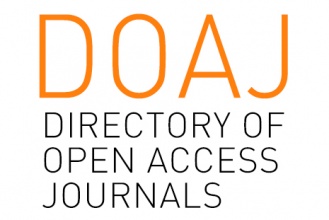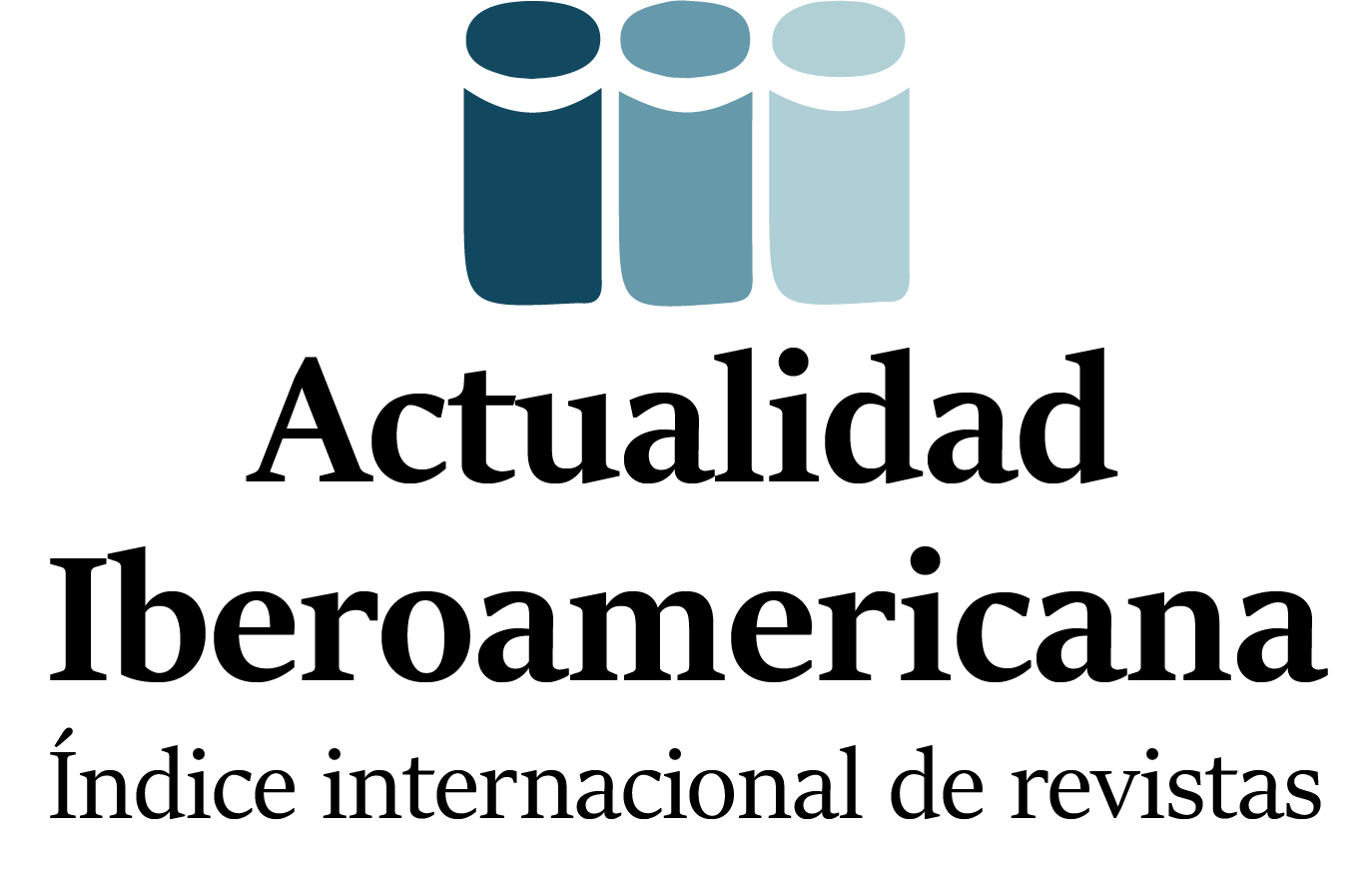Cuando el privilegio de lo singular orienta en lo múltiple
DOI:
https://doi.org/10.24215/2422572Xe043Palabras clave:
deseo, analista, equipo terapéutico, adiccionesResumen
En este trabajo exploramos la posibilidad de que la función deseo del analista opere en cada integrante de un equipo terapéutico de atención a las adicciones. Para ello trabajamos con un grupo de formación y un grupo de expertos, revisando la noción deseo del analista desde lo conceptual, y explorando lo que sucede en la experiencia de un programa de tratamiento a las adicciones. Pudimos concluir que el deseo del analista es una posición ética que comanda la experiencia analítica, y que, clínicamente no conviene pensar a todo el equipo operando desde esta función, ya que cada integrante desde su saber contribuye a alojar al paciente y a construir un pasaje a un segundo tiempo en donde la problematización por el consumo abra las puertas de un posible análisis. El tratamiento institucional a las adicciones debe ser con otros, y haciendo una apuesta por el sujeto y el síntoma.
Descargas
Métricas
Citas
Amezcua, M. y Galvez Toro, A. (2002). Los modos de análisis en investigación cualitativa en salud: Perspectiva crítica y reflexiones en voz alta. Rev. Esp. Salud Publica, 76(5), 423-436.
Campolongo, M. (2005). Tiempos de urgencia en las instituciones. En Tiempos de urgencia. Estrategias del sujeto, estrategias del análisis (pp. 41-47). JCE.
Lacan, J. (1958/2010). Escritos 2. Siglo XXI.
Lacan, J. (1991/2011). Seminario 8. La transferencia. Paidós.
Miller, J.-A. (2014). Sutilezas analíticas. Paidós.
Naparstek, F. (2008). Introducción a la clínica con toxicomanías y alcoholismo. Grama.
Ribeiro de Campos, S. P. (2012). Vamos a ver lo que viene más adelante. En Flashes del deseo del analista. El orden simbólico en el siglo XXI No es más lo que era. ¿Qué consecuencias para la cura? (pp. 300-304). Grama.
Rojo, C. y Mondada, J. (2018). Programas de tratamientos a las adicciones y posibles soluciones subjetivas. Anuario de Investigaciones, 25, 255-260.
Rubistein, A. (2009). El deseo del analista: Saber hacer con lo que hay. Virtualia. Revista Digital de la Escuela de Orientación Lacaniana, 19, 3-7.
Stiglitz, G. (2012). ¿Cómo es que no fui...? En Flashes del deseo del analista. El orden simbólico en el siglo XXI No es más lo que era. ¿Qué consecuencias para la cura? (pp. 305-309). Grama.
Torres, M. (2018). La neutralidad lacaniana. XII Jornadas Anuales de la Escuela de la Orientación Lacaniana. Recuperado desde: http://www.eol.org.ar/template.asp?Sec=jornadas&SubSec=jornadas_eol&File=jornadas_eol/012/textos/torres.html
Zack, O. (2005). Efectos de la experiencia analítica. Grama.
Descargas
Publicado
Cómo citar
Número
Sección
Licencia
![]()
Los autores/as que publiquen en esta revista aceptan las siguientes condiciones:
- Los autores/as conservan los derechos de autor y ceden a la revista el derecho de la primera publicación, con el trabajo registrado con la licencia de atribución de Creative Commons, que permite a terceros utilizar lo publicado siempre que mencionen la autoría del trabajo y a la primera publicación en esta revista.
- Los autores/as pueden realizar otros acuerdos contractuales independientes y adicionales para la distribución no exclusiva de la versión del artículo publicado en esta revista (p. ej., incluirlo en un repositorio institucional o publicarlo en un libro) siempre que indiquen claramente que el trabajo se publicó por primera vez en esta revista.
- Se permite y recomienda a los autores/as a publicar su trabajo en Internet (por ejemplo en páginas institucionales o personales) antes y durante el proceso de revisión y publicación, ya que puede conducir a intercambios productivos y a una mayor y más rápida difusión del trabajo publicado (veaThe Effect of Open Access).

